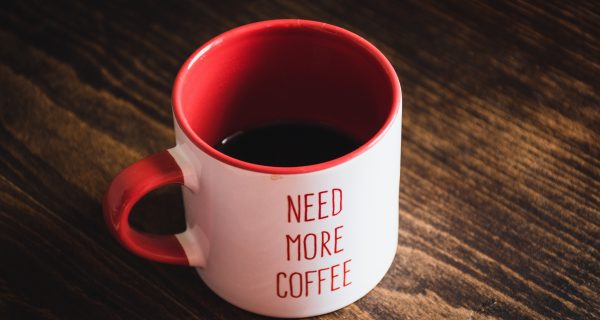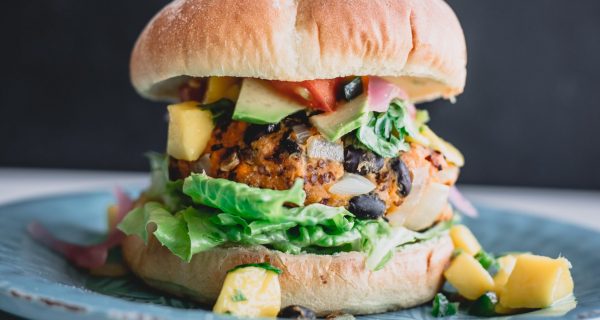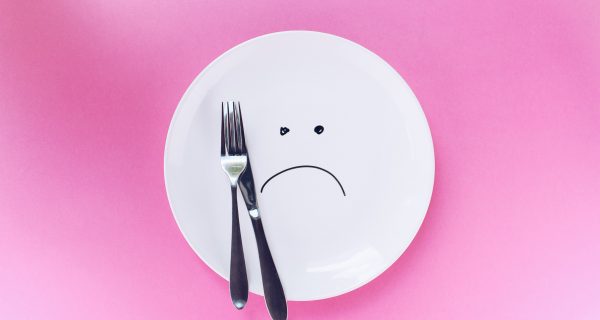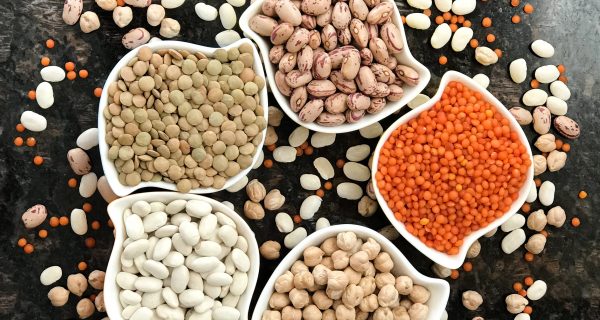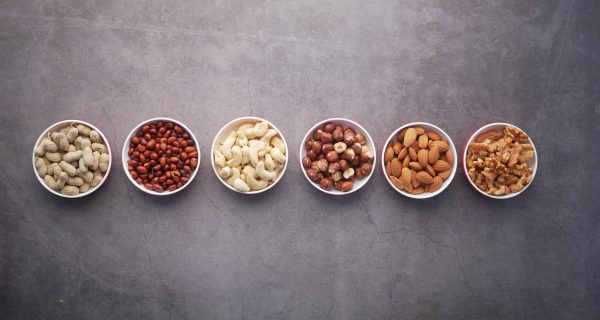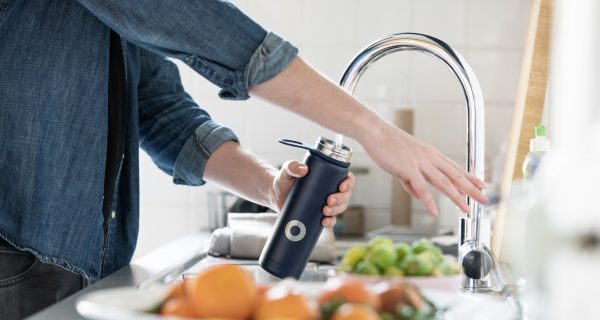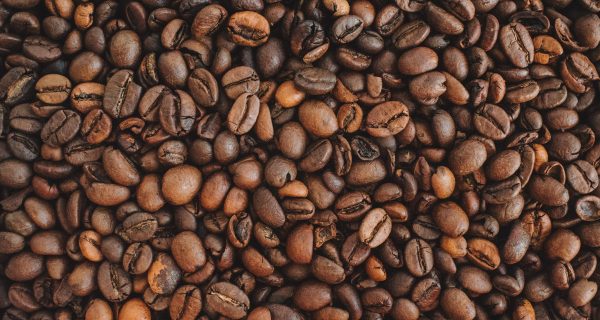Is taxing sugar enough to stop us from consuming sugar-sweetened beverages?
The benefits and challenges of taxing sugar in a small island state with high levels of obesity: Bermuda
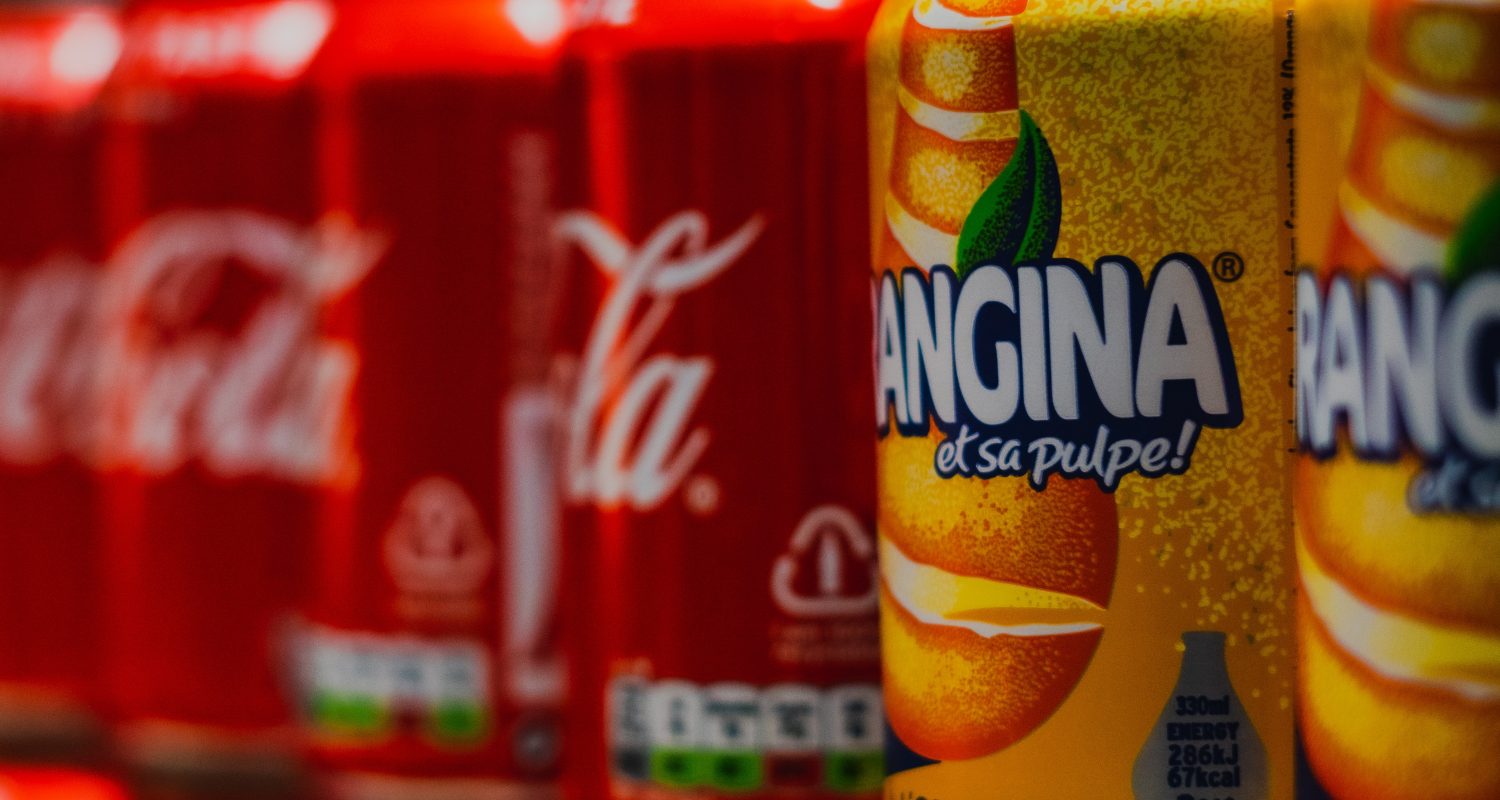
As the authors of the study mention, we do already know with certainty that the consumption of sugar-sweetened beverages (SSBs) is linked with a higher incidence of overweight and obesity, type 2 diabetes, cardiovascular risk factors, and dental caries. In other words, it’s not particularly healthy to drink sugar-sweetened beverages. In fact, the World Health Organisation (WHO) has advised countries to implement fiscal measures, such as the taxation of SSBs, to reduce sugar consumption and prevent its harm.
From a supply-demand perspective, if the price of a sugar-sweetened beverage goes up, the demand for it will go down. From this point of view, adding taxes on sugar-sweetened beverages can reduce excess sugar consumption.
Nonetheless, one of the problems with SSB taxes comes from the fact that consumers substitute to other high-sugar non-taxed products, or they simply purchase the sugar-sweetened beverage in neighboring jurisdictions, where the tax does not apply. For that reason, examining the effects of SSB taxes in small island states is beneficial as consumers cannot buy products from nearby regions.
The authors of this study focused on Bermuda, where three out of four adults are overweight or obese, and half of the population consumes at least one SSB per day. The goal of this study was to examine how the changes in pricing affected the volume of SSBs sold, from nine months before the SSB tax was implemented, six months after the tax increased, and then 10 months after the tax increased again (January 2018 until January 2020).
Over the two-year period, the average price per ounce (a can has about 11 ounces or 330 ml) for non-SSB items remained the same, while SSBs saw a 26.0% increase in average price per ounce during the two years. What the authors noticed was that the average price of taxed beverages increased gradually, as the retailer was able to sell the products they had at the pre-tax price first, and combine it with price promotions. Instead of an abrupt change, the tax was gradually passed on to customers.
The study shows that SSB sales were down by one quarter (26.0%), compared to where they would have been had prices not increased following the introduction of the tax. However, due to the fact that the price of other goods also went up (i.e. fruits and vegetables were being subsidized during the same period with a duty that went from 5% to 0% but given that prices increased consistently, it didn’t have any meaningful impact), the authors suggest that to encourage consumers to switch to healthier products, future policies should work on lowering the prices of healthier alternatives.

